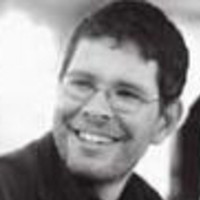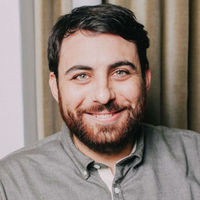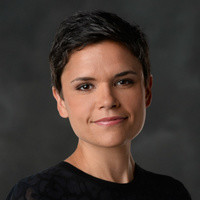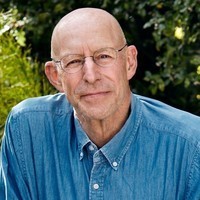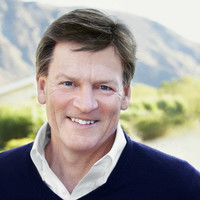Matthew Power is a freelance writer and contributing editor at Harper's.
"The kind of stories I've gotten to do have involved fulfilling my childhood fantasies of having an adventurous life. Even though I don't make a ton of money doing it, I've never felt like I was missing out on something. I haven't worked in an office since a two-week stint as a fact checker at House and Garden magazine in 2001, so that's 12 years, and I haven't starved to death yet."
Thanks to TinyLetter for sponsoring this week's episode!
</blockquote>
